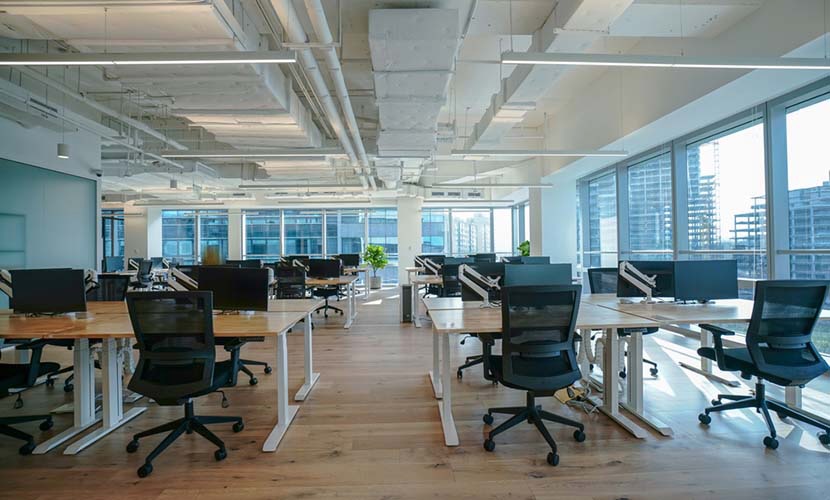

Setting up an office space for your small business requires careful consideration, especially when it comes to selecting the right furniture. Choosing the appropriate office furniture is essential for creating a comfortable and productive work environment. To help you make informed decisions, here are 10 essential questions to ask when buying office furniture for your small business.
Consider the specific functions and purposes the furniture will serve. Determine whether you need desks for individual workstations, conference tables for meetings, ergonomic chairs for comfort, storage cabinets for organization, or collaborative furniture for teamwork. Understanding the intended purpose will help you select the right furniture pieces to meet your needs.
Assess the dimensions and layout of your office space before purchasing furniture. Measure the available floor area and consider factors such as doorways, windows, and electrical outlets. This information will guide you in choosing furniture that fits comfortably within the space without overcrowding or hindering movement.
Establishing a budget is crucial before shopping for office furniture. Determine how much you are willing to spend and allocate funds accordingly. Consider the long-term value and durability of the furniture to ensure that it will withstand daily use and provide a good return on investment.
Your office furniture should reflect your brand identity and create a cohesive aesthetic. Consider the style, color, and design of the furniture to ensure it complements your company’s branding and creates a professional and inviting atmosphere.
Employee comfort and well-being should be a priority when selecting office furniture. Ensure that chairs, desks, and other seating options provide proper support and promote good posture. Ergonomic furniture can help prevent back pain, eye strain, and other health issues associated with long hours of sitting.
Investing in high-quality and durable furniture will save you money in the long run. Look for furniture made from sturdy materials, such as solid wood or metal frames, and consider factors such as weight capacity, warranty, and maintenance requirements. Well-built furniture will withstand daily use and remain in good condition for years to come.
Consider any special features or customization options that may enhance productivity or meet specific needs. Examples include adjustable height desks, built-in cable management systems, modular furniture that can be reconfigured, or furniture with integrated technology solutions.
Anticipate your business’s growth and changing needs when selecting office furniture. Choose furniture that can be easily expanded, rearranged, or added to as your business expands. Modular and flexible furniture options can adapt to future changes and save you from having to replace furniture frequently.
Inquire about the delivery and assembly process for the furniture. Determine if the furniture will be delivered fully assembled or if assembly is required. Consider whether the supplier offers delivery and installation services or if you need to make arrangements for assembly yourself.
Check if the furniture comes with warranties or guarantees. Understanding the terms and coverage of the warranty will provide peace of mind and protection against defects or damages.
By asking these essential questions when buying office furniture for your small business, you can make informed decisions that align with your needs, budget, and long-term goals. Taking the time to evaluate your requirements and select quality furniture will create a comfortable and functional workspace for your employees, contributing to their productivity and well-being.